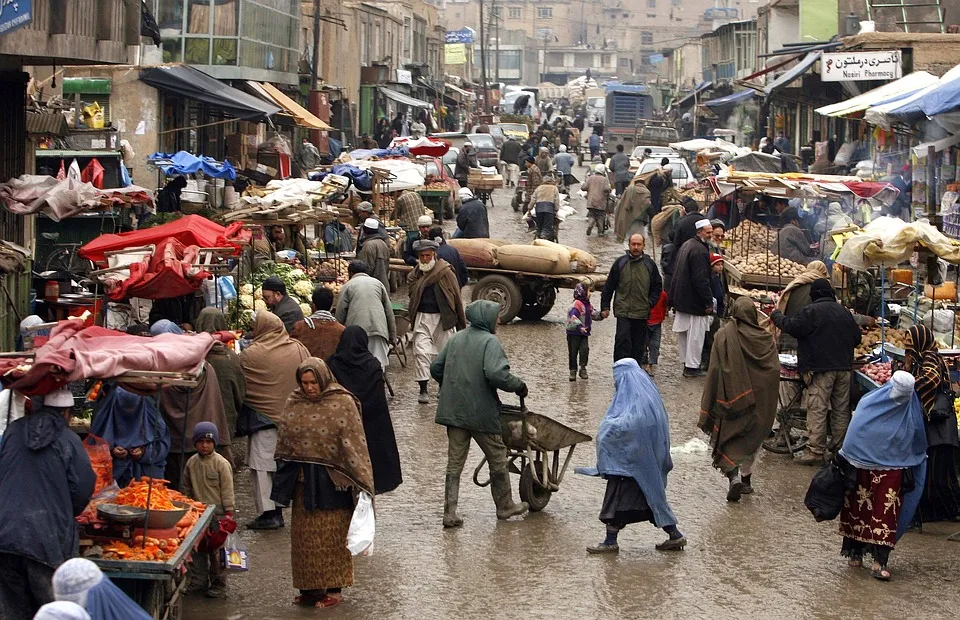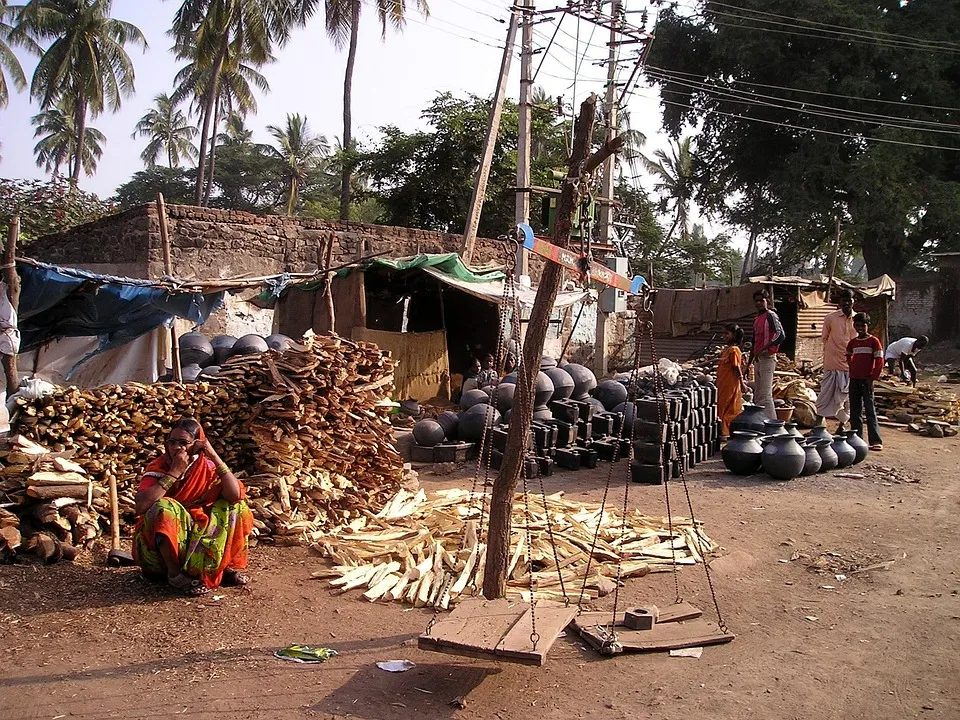The global economic crisis is negatively affecting men and women everywhere. Policy makers are not paying the necessary attention to this growing phenomenon. Businesses and companies do not have a large number of decent jobs for all people..



For this reason, a significant percentage of the world's workforce, both women and men, earn their living in the "informal economy", as a means of family sustenance, a determining and important variable is the lack of a good and decent job to live
In this way, this type of work serves to mitigate the economic expenses that a family has, such as education, health, housing, services, among others, which is why workers in the formal economy also assume this role to help in some way in family expenses, because the minimum wage is not enough to cover all these needs.
Therefore, it is very significant and relevant the large number of workers in the public or private sector who used to have a job and are currently working as hawkers, selling clothes, shoes, fast food and basic food products to support the household.

It should be noted that the informal economy is known in this way since it eludes the legislation that is subject to fiscal and accounting control of the state, the modalities that can be specified among them; street vendors, domestic workers, hawkers, among others.
To conclude we can say that one of the major causes that generates this type of work is the low capacity of the market to absorb all the labor supply caused by different variables, incomplete education, large families. In addition, those who most occupy these spaces in the informal economy are the most vulnerable in the labor market.
All photos are in the public domain from Pixabay.